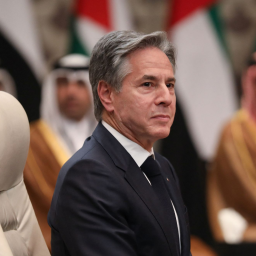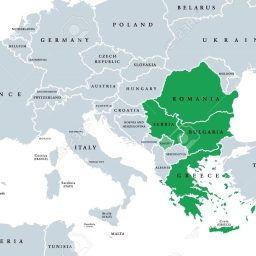Exploring the Rich Cultural Heritage and Recent Developments of Eritrea

Photo: Unsplash.com
Situated in the Horn of Africa, Eritrea is a fascinating nation known for its rich cultural heritage, diverse landscapes, and recent developments. Despite its relatively small size, Eritrea has a long and intriguing history that has shaped its present-day society. In this article, we will delve into the historical background, cultural significance, natural beauty, and recent developments of Eritrea. Eritrea’s history is marked by a series of influences from different civilizations. It was part of the ancient Axumite Empire, followed by the rule of the Ottoman Empire, and later the Italians during the colonial era. Eritrea gained its independence from Ethiopia in 1993 after a long and hard-fought struggle. This historical background has contributed to the diverse cultural fabric of the nation. Eritrea is home to several ethnic groups, each with its unique customs, traditions, and languages. The largest ethnic groups include the Tigrinya, Tigre, and Saho. The country’s culture is deeply rooted in its historical legacy and is evident in its art, music, dance, and literature. Eritrean cuisine is renowned for its delicious flavors and features dishes such as injera (a sourdough flatbread) and zigni (spicy stew). Traditional ceremonies and festivals, including the colorful Independence Day celebrations on May 24th, are an essential part of Eritrean culture.
Eritrea boasts a diverse and breathtaking landscape that ranges from rugged mountains to pristine coastlines. The Dahlak Archipelago in the Red Sea is a haven for marine life and offers excellent opportunities for diving and snorkeling. The lush greenery of the Semenawi Bahri National Park and the stunning landscapes of the Gash-Barka region provide picturesque vistas for nature enthusiasts. Eritrea’s natural beauty is a hidden gem waiting to be explored. In recent years, Eritrea has witnessed significant developments in various sectors. The country is focused on infrastructure development, including the construction of new roads, bridges, and dams, which are vital for fostering economic growth and improving connectivity within the country. The government has also prioritized investment in renewable energy sources, such as solar and wind power, to address energy needs sustainably. Furthermore, Eritrea has been working towards enhancing its tourism sector, aiming to attract visitors to experience its cultural heritage and natural wonders. While Eritrea has made progress in various aspects, it still faces challenges that require attention. Economic development, job creation, and poverty reduction remain significant priorities. Additionally, ensuring access to quality education and healthcare for all citizens continues to be a key goal. International cooperation and investment can play a crucial role in supporting Eritrea’s efforts towards sustainable development. Eritrea, with its rich cultural heritage, stunning landscapes, and recent developments, offers a unique and compelling destination for travelers and researchers alike. The nation’s historical background, cultural diversity, and natural beauty make it a captivating place to explore. As Eritrea continues to make strides in various sectors, it presents opportunities for growth and development. By preserving its cultural heritage, protecting its environment, and fostering sustainable practices, Eritrea can pave the way for a prosperous future.
By Roxana Stanica
















